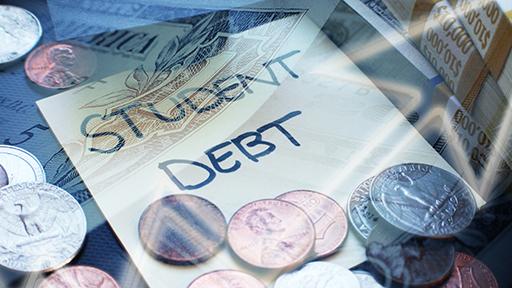PSAT exams rekindle Americans' worries about college-admission fairness
As high school students study frantically for standardized tests that play a decisive role in getting into the college of their dreams, Americans are growing increasingly concerned that the country's richest families have an unfair advantage.
Data indicate wealthier students have better odds of earning high scores on exams like the PSAT, offered across the nation Wednesday to high school sophomores and juniors as a practice round for the SAT and ACT tests, which are evaluated by college admissions officers. High PSAT scores can also lead to a National Merit Scholarship.
In 2014, the College Board released data that showed average SAT scores increased as family income rose. There was a consistent and gradual climb in the mean score for all three sections of the test – critical reading, mathematics and writing – from yearly income ranges of zero to $20,000 and on through $200,000 and beyond.
Higher levels of parent education were also correlated with higher results across all categories. Asian and white students garnered better scores than other ethnicities, as did those who took the PSAT multiple times.
The tests cost money, too: The PSAT registration fee in the 2019-2020 school year is $17, though some schools may charge extra. The SAT registration fee for the 2019-2020 school year is $49.50, and the version including an essay portion costs $64.50.
Many families pay for study guides to prepare for the tests, and wealthy parents often hire tutors to ensure their children get a high score. A 2014 Business Insider profile of Anthony Green, who runs Green Test Prep, reported that high-income New Yorkers were paying $1,500 for 90-minute sessions with the understanding that Green could raise SAT scores by 430 points, on average.
Green’s current website touts a rate of $1,500 per hour.
Even without tutors, richer families typically live in better-funded school districts that can devote more attention to individual students, and many can afford private or charter schools that emphasize college preparation.
If all else fails, there's flat-out bribery, as the U.S. government alleged in its "Varsity Blues" cheating investigation, putting the uneven playing field squarely in the national spotlight.
Dozens of parents were charged with paying bribes to have their children’s SAT scores doctored or to get them admitted to highly-regarded universities through athletic programs.
"Desperate Housewives" star Felicity Huffman reported to prison on Tuesday to serve a 14-day sentence after she admitted paying $15,000 to have her daughter’s SAT scores inflated. She will be on probation for one year and is required to serve 250 hours of community service and pay a $30,000 fine.
“Full House” actress Lori Loughlin and her fashion designer husband, Mossimo Giannulli, have maintained they are innocent of charges that they paid hundreds of thousands of dollars to have their daughters admitted to the University of Southern California as crew recruits, despite the fact that neither was a rower.
Getting into college, meanwhile, is only the first hurdle for families without signfiicant financial resources.
Tuition alone can be prohibitive: The cost of a public four-year institution in the 2018-2019 school year was about $10,339, while a private four-year institution clocked in at $36,386.




















